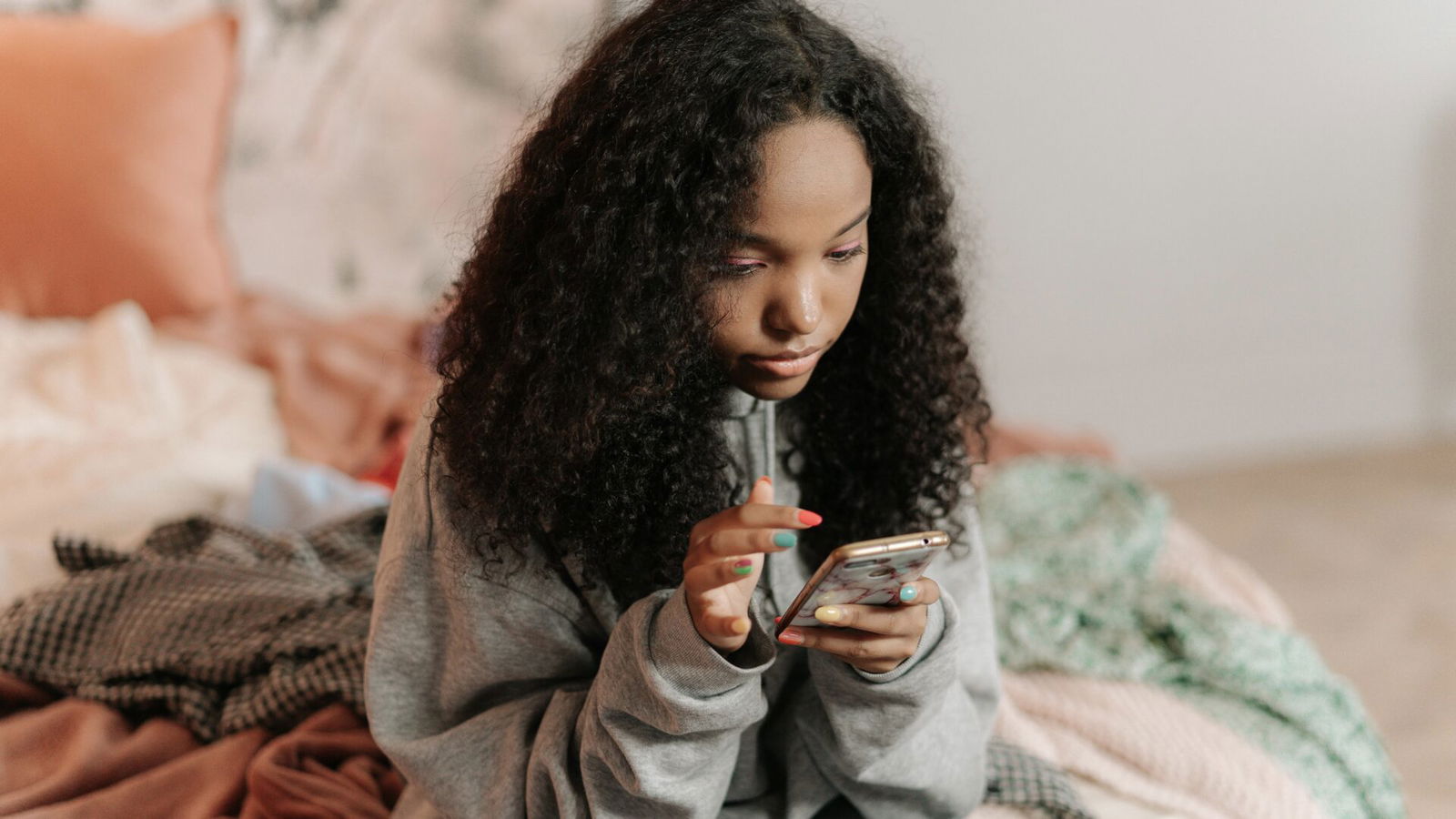
By India McCarty
It’s no surprise that social media can cause major mental health issues for young people, from comparing themselves to others to the constant notifications that distract them from real life.
“When the outcome is unpredictable, the behavior is more likely to repeat,” Jacqueline Sperling, PhD, from McLean Hospital, said of social media’s addictive nature. “Think of a slot machine: If game players knew they never were going to get money by playing the game, then they never would play.”
For example, the comparison issues that can arise when your child sees others’ “highlight reels” online of vacations, parties and other fun events.
Related: 5 Signs You’re Addicted to Social Media and How to Fight It
“When kids get social media, they can feel bad if their lived experiences aren’t matching up to the picture-perfect things they see friends, celebrities, or influencers posting online,” Bark explained.
Something that can go hand-in-hand with that? “FOMO,” or “fear of missing out.”
An example of this might be your child seeing a photo of a group of their friends hanging out, which leads to them wondering why they weren’t invited to join.
Social media is also constantly “on,” so it can sometimes feel like you can never truly step away from it. The constant notifications and posts that are always refreshing in your algorithm or feed might even start to feel overwhelming, but hard to remove yourself from, as you don’t want to miss out on anything.
There is also the problem of young people losing the ability to easily connect with other people in real life.
“One of the most efficient ways to improve our own well-being is to commune with others,” Stanford psychologist Jamil Zaki said in an interview with The Stanford Report.
“Spending time with friends, helping strangers through volunteering, opening up about our struggles – all increase happiness, decrease stress, and even soften symptoms of depression.”
He continued, “People choose to spend much more time alone than in years past, a trend that’s especially strong among young adults. To me, this signals a sort of social inertia. We can one-click order meals and nearly any product, practice yoga on YouTube, and even pray through an app. Communal activities don’t have to be done in community, so we stay home. Going out has become like working out: we feel better after doing it, but it takes energy to get started.”
While social media can be a useful tool to connect with others and keep up with current events, for young people with still-developing minds, the negatives far outweigh the positives.
Read Next: Could 1,000 Hours Outside Cure Kids’ Screen Addiction? Mom of 5 Says…
Questions or comments? Please write to us here.


 - Content:
- Content: 

